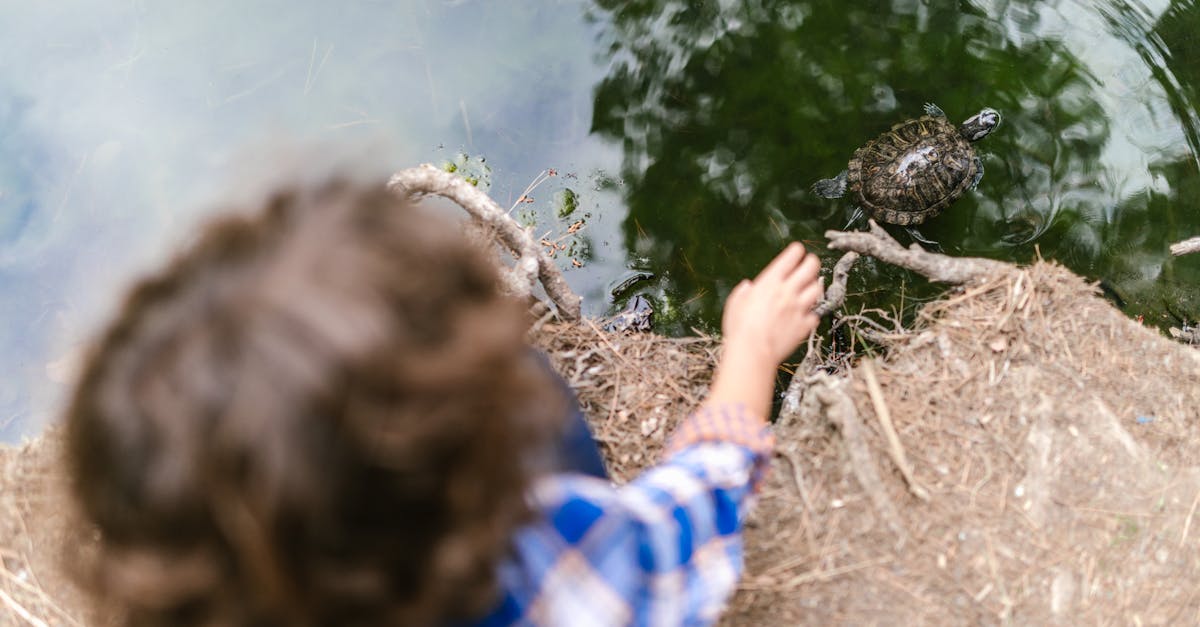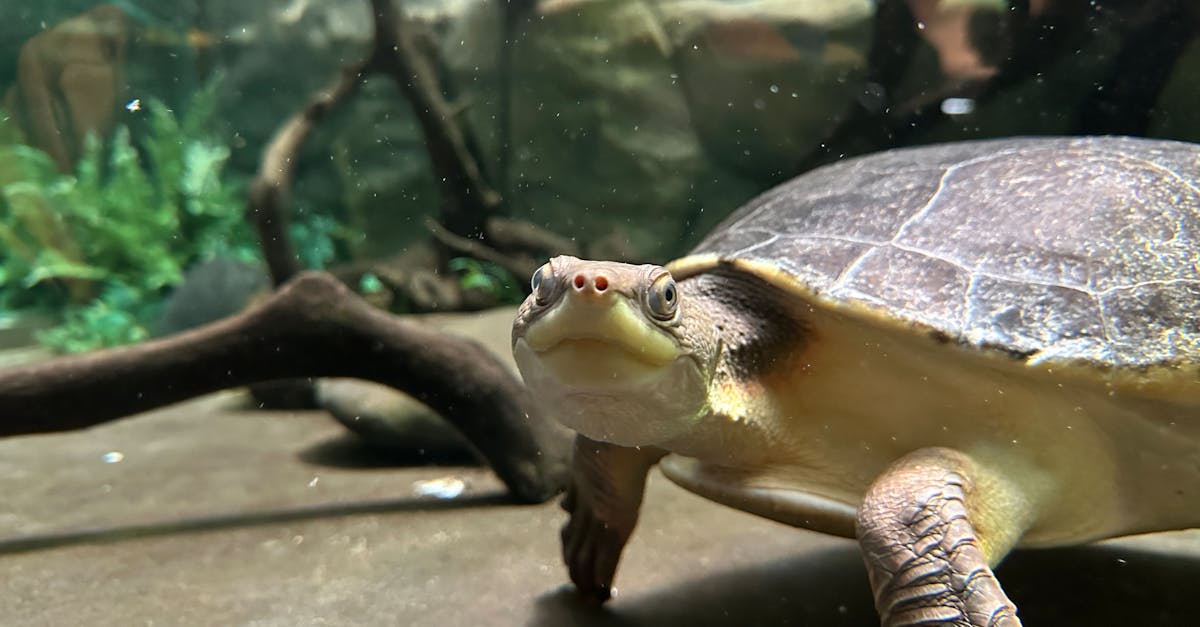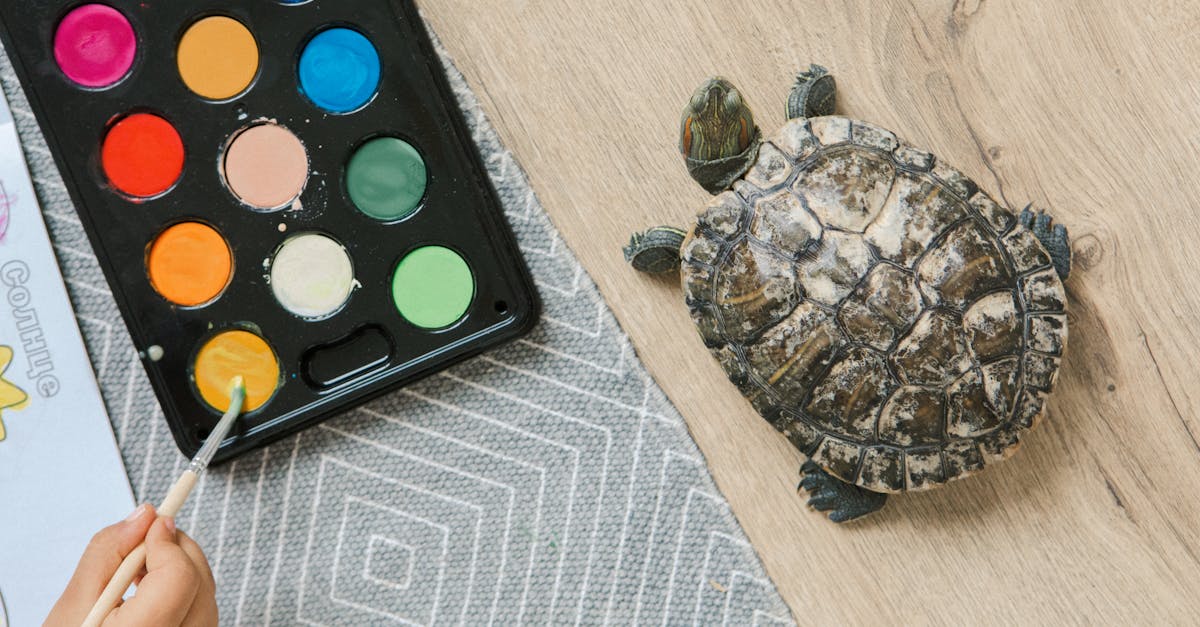Why Turtles Make Great Pets
When we think of pets, dogs and cats are usually the first to come to mind. However, there’s an unconventional pet that’s gaining popularity for its unique charm and low-maintenance lifestyle: turtles. 🐢 It’s common knowledge that turtles have been around for millions of years, but their appeal as household pets is relatively recent. If you’re like me, you might find this surprising, but let’s explore why turtles could be the perfect pet for you.
The Longevity Factor
One of the most compelling reasons to consider a turtle as a pet is their longevity. Unlike dogs or cats, which typically live between 10 to 20 years, turtles can live for several decades. Some species, like the Red-Eared Slider, can live up to 40 years, while others, like the Box Turtle, can reach an impressive 100 years! Looking back, I’ve always thought of pets as short-term companions, but turtles challenge this notion entirely. Their long lifespan means they can be lifelong companions, accompanying you through various stages of life.
Low Maintenance, High Reward
If you’ve ever owned a pet, you know they can be a significant time commitment. Dogs need regular walks, and cats require constant grooming. Turtles, on the other hand, are relatively low-maintenance. Here’s a thought: what if you could have a pet that doesn’t require daily attention but still offers companionship and joy? Turtles fit this bill perfectly. They don’t need to be walked, and their dietary needs are straightforward. A balanced diet of leafy greens, vegetables, and occasional protein sources like insects or fish keeps them healthy and happy.
Space-Saving Companions
In today’s world, many of us live in apartments or small homes where space is at a premium. If I had to guess, you might relate to this challenge. Unlike larger pets that require ample space to roam, turtles are content with a well-maintained tank or terrarium. A 40-gallon tank is usually sufficient for most species, making them ideal for smaller living spaces. It’s interesting how a small, well-designed habitat can provide everything a turtle needs to thrive.
Health Benefits of Owning a Turtle
Stress Reduction
Studies show that owning a pet can significantly reduce stress levels. But did you know that turtles are particularly effective in this regard? Observing their slow, deliberate movements can have a calming effect, almost like a form of meditation. I was struck by how peaceful I felt watching my turtle explore its tank. It dawned on me that this simple act of observation could be a powerful stress-relief tool.
Educational Value
Turtles offer an excellent opportunity for educational enrichment, especially for children. From my point of view, they are fascinating creatures that can teach kids about biology, ecosystems, and responsibility. If you’ve ever wondered why turtles are so resilient, their unique anatomy and behavior provide endless learning opportunities. I’d like to share a personal anecdote: my niece became so interested in her pet turtle that she started reading books about marine biology and even pursued a science project on reptile habitats.
Allergy-Friendly
Many people are allergic to pet dander, making traditional pets like dogs and cats problematic. Interestingly enough, turtles are hypoallergenic, making them an excellent choice for those with allergies. If you’ve been meaning to get a pet but have been held back by allergies, a turtle might be the perfect solution.
Practical Considerations
Initial Setup
While turtles are low-maintenance, they do require a proper initial setup. You’ll need a tank, a heat lamp, a UVB light, and a filtration system. It’s no surprise that these items can be a bit of an investment upfront, but they are essential for your turtle’s well-being. What’s fascinating is how these elements mimic a turtle’s natural habitat, ensuring they live a healthy and happy life.
Legal and Ethical Considerations
Before getting a turtle, it’s crucial to check local regulations. Some species are protected, and it’s illegal to keep them as pets. Additionally, it’s essential to source your turtle ethically. Avoid buying from pet stores that capture turtles from the wild, as this practice is harmful to natural populations. Instead, look for reputable breeders or adoption centers. I’ve learned that ethical sourcing is not only better for the environment but also ensures you get a healthier, well-adjusted pet.
Ongoing Care
While turtles don’t require daily walks, they do need regular care. You’ll need to clean their tank and monitor their health. One thing I’ve learned is that a clean tank is crucial for preventing diseases. Regular vet check-ups are also recommended. I’ve noticed that many people overlook this aspect, but it’s essential for your turtle’s long-term health.
The Emotional Connection
Building a Bond
You might find this helpful: turtles can form bonds with their owners. They may not be as expressive as dogs or cats, but they do recognize their caregivers and can show affection in subtle ways. I guess you could say that building a bond with a turtle requires patience and observation. Over time, you’ll notice their unique personality traits and behaviors, making the relationship deeply rewarding.
The Joy of Observation
If you’re like me, you’ll find immense joy in simply observing your turtle. Their slow, deliberate movements and curious nature are endlessly fascinating. It reminds me of how important it is to slow down and appreciate the small things in life. In our fast-paced world, having a turtle can be a gentle reminder to take things one step at a time.
Taking the Next Step
Is a Turtle Right for You?
Now you know the many benefits of owning a turtle, but is it the right pet for you? If you’ve ever wanted a low-maintenance, long-living, and fascinating pet, a turtle could be the perfect choice. However, it’s important to consider the initial setup and ongoing care requirements. If you’re prepared for these responsibilities, the rewards are immense.
Where to Start
If you’ve decided that a turtle is the right pet for you, the next step is to do thorough research. Ever wonder why some turtles thrive while others don’t? The key is understanding their specific needs. Start by researching different species to find one that fits your lifestyle. Visit reputable breeders or adoption centers and ask plenty of questions. Picture this: a well-prepared habitat, a healthy turtle, and a rewarding pet-owner relationship.
Wrapping Up
Turtles are more than just unconventional pets; they are fascinating, low-maintenance companions that can enrich your life in numerous ways. From their impressive longevity to their stress-reducing presence, turtles offer unique benefits that are hard to find in traditional pets. If you’ve been considering getting a pet but are unsure what type to choose, why not give turtles a chance? You won’t believe how rewarding this unconventional choice can be.
Remember, adopting any pet is a long-term commitment. Make sure you’re ready for the responsibilities that come with it. But if you’re prepared, a turtle could be the perfect addition to your home. So, take the plunge and explore the world of turtles—you might just find your new best friend.










